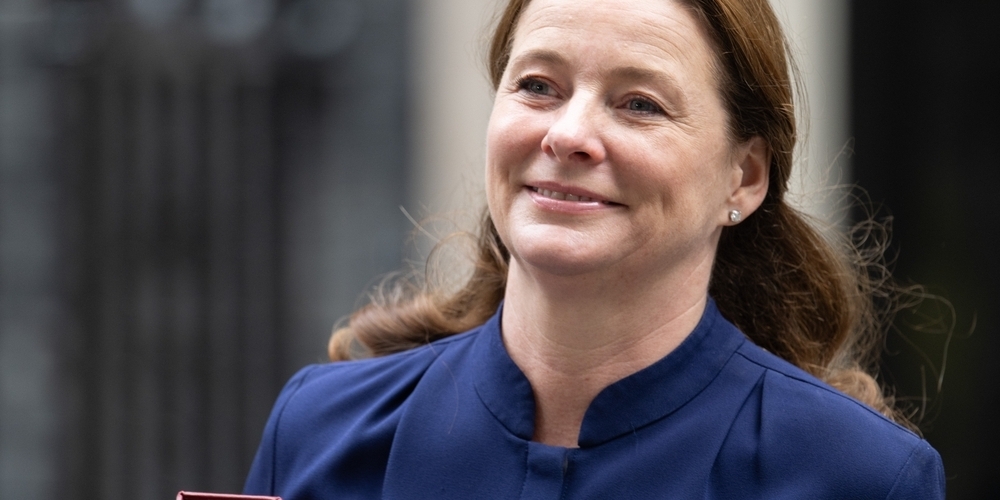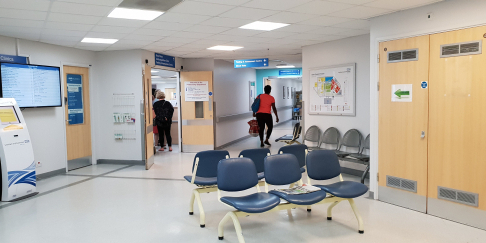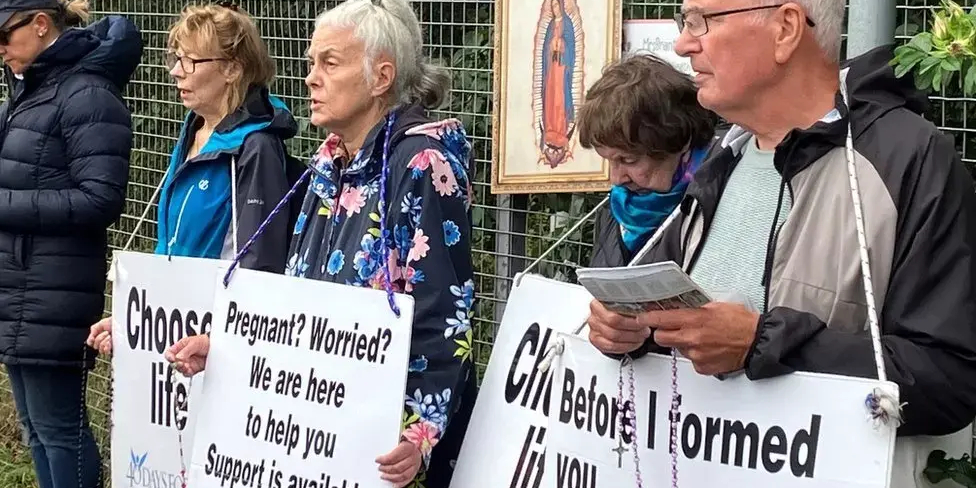House of Commons: Private Members’ Bill Ballot takes place

With much pomp and no small amount of ceremony, the Private Members’ Bill (PMB) ballot in the House of Commons took place today.
This is when 20 numbers are pulled out at random from the total number of backbench MPs who put in for a PMB and they are then announced in reverse order.
Those higher up the order will receive more time for their Bill to be debated which in turn, increases the chances of it becoming law.
In total, this year 395 MPs entered the ballot.
What is a Private Members Bill?
Private Members’ Bills are introduced by MPs and Lords who are not government ministers. Like other Public Bills, they go through the same stages to become law.
It is helpful to note that PMBs do not often become law, but they are used to generate public discussion and to raise the profile of various issues.
There are three ways to introduce a PMB: firstly, through the Ballot, secondly through a Ten-Minute Rule Motion and finally, through Presentation.
Ballot Bills have the best chance of becoming law because they get priority for the limited amount of debating time there is available.
PMBs are given precedence over government business on 13 Fridays in each session. The first seven Fridays allocated to PMBs, precedence is given to Ballot Bills.
The Leader of the House can give additional debate time if they so wish, although this is quite rare.
Why does it matter?
In the last Parliamentary session, which lasted just two and a half years, nine private members bills became law, including one that changed the way organ donation works in England.
From a Christian perspective, the ballot matters because of the potential for an MP to bring a PMB that would damage the value of life, be that at the start of life or at the end of life.
One notable example of this is the Rob Marris Assisted Dying Bill (No 2) which was a Ballot Bill which then received scrutiny and time for debate.
The Bill aimed to change the law in England and Wales to allow terminally ill patients with six months left to live the opportunity to kill themselves, with certain safeguards applied.
MPs overwhelmingly rejected the Bill by 330 – 118 on 11 September 2015.
Ballot Bills for Session 2019-20
In reverse order, here are the 20 MPs picked from the ballot of 395:
20: Jim Fitzpatrick MP (Lab, Poplar and Limehouse)
19: Vicky Ford MP (Con, Chelmsford)
18: Naz Shah MP (Lab, Bradford West)
17: Caroline Flint MP (Lab, Don Valley)
16: John Woodcock MP (Independent, Barrow and Furness)
15: Kirstene Hair (Con, Angus)
14: Preet Kaur Gill (Lab, Birmingham, Edgbaston)
13: Damien Hinds MP (Con, East Hampshire)
12: Anna Turley MP (Lab, Redcar)
11: Damien Moore MP (Con, Southport)
10: Sir Michael Fallon MP (Con, Svenoaks)
9: Tracey Brabin MP (Lab, Batley and Spen)
8: Frank Field MP (Independent, Birkenhead)
7: Sir Vince Cable MP (Lib Dem, Twickenham)
6: James Brokenshire MP (Con, Old Bexley and Sidcup)
5: Lisa Forbes MP (Lab, Peterborough)
4: Anne Marie Morris MP (Con, Newton Abbot)
3: Annelise Dodds MP (Labour, Oxford East)
2: John Stevenson MP (Con, Carlisle)
1: Nigel Mills MP (Con, Amber Valley)




Share story
House of Commons: Private Members’ Bill Ballot takes place